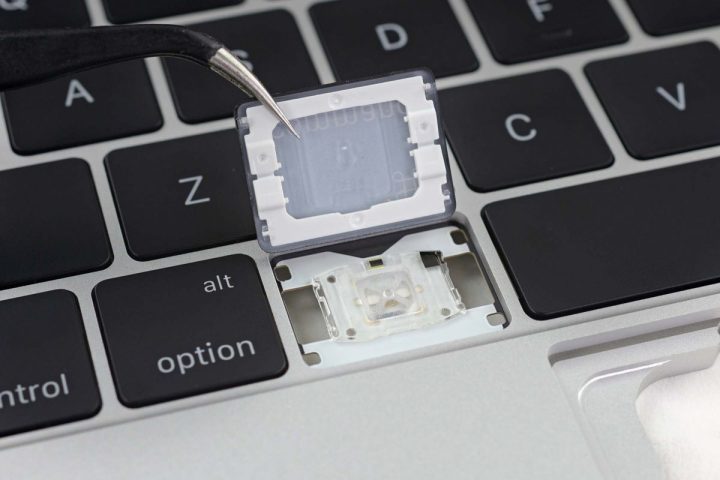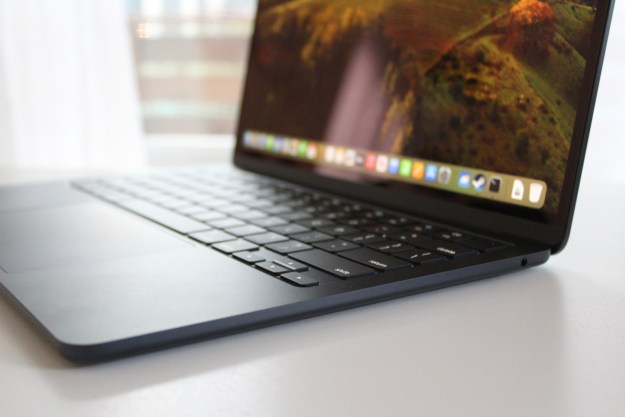Apple finally agreed to settle a long-running class-action lawsuit, with payouts reaching as high as $395 for MacBook owners who were most affected. The issue has to do with a particular type of MacBook keyboard that uses a faulty butterfly mechanism inside in order to reduce thickness, instead of the more common scissor type.
According to Reuters, the settlement applies to customers who bought Apple’s MacBook, MacBook Air, and some MacBook Pro models between 2015 and 2019 in California, Washington, Illinois, Michigan, New Jersey, New York, and Florida.

Payouts are expected to be as high as $395 to MacBook owners who had to get multiple keyboard replacements. If the butterfly keyboard was replaced only once, the compensation is much less at $125. MacBook owners who only replaced keycaps are said to receive $50. Owners of the affected models will also receive four years of free keyboard repairs from date of purchase.
The total sum that Apple will pay to settle the 2018 class-action lawsuit is $50 million, a somewhat insignificant fee for such a large corporation. That amount includes up to $15 million in legal fees. Apple’s resistance was likely more about the principle of the matter and the company never admitted there was a flaw in the design.
Apple introduced the new butterfly keyboard design for its 2015 MacBook, and the press release spoke at length about the new technology, boasting that a full-size keyboard was redesigned to be 34% thinner thanks to the butterfly mechanism that cut 40% off the height needed compared to the standard scissor keyboard.
Despite denying any wrongdoing, Apple did launch a keyboard repair program in 2018 and reverted to the more conventional scissor design in 2020, which is tantamount to an acknowledgement that there was an actual problem.
Editors' Recommendations
- These 6 tweaks take MacBooks from great to nearly perfect
- If you buy one MacBook Air alternative, make it this one
- The case for buying the M2 MacBook Air over the M3 model
- Which color MacBook should you buy? Here’s how to pick
- Why you should buy a MacBook Air instead of a MacBook Pro




